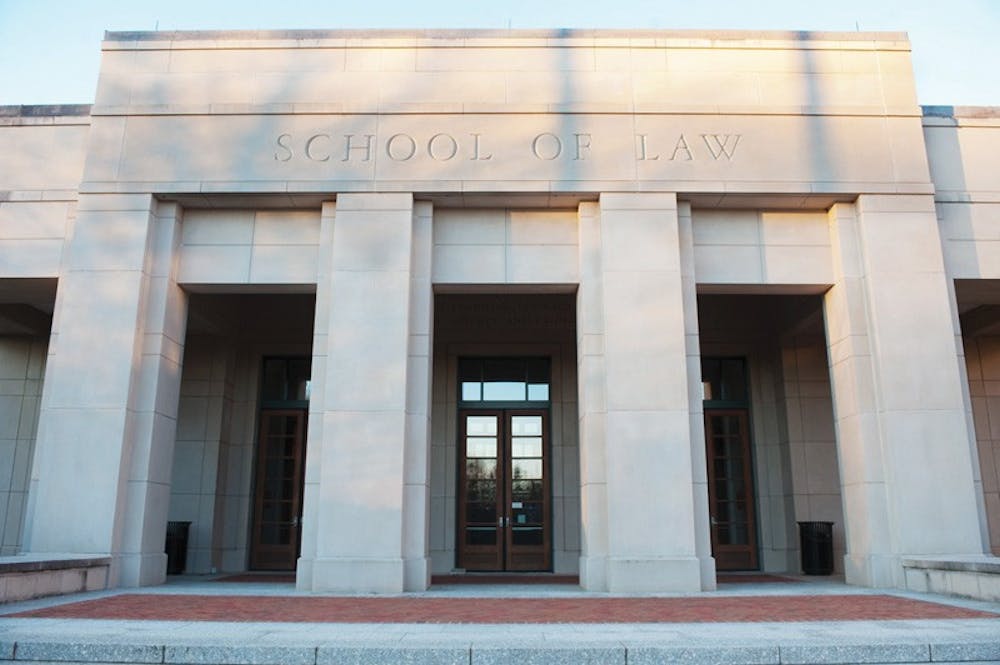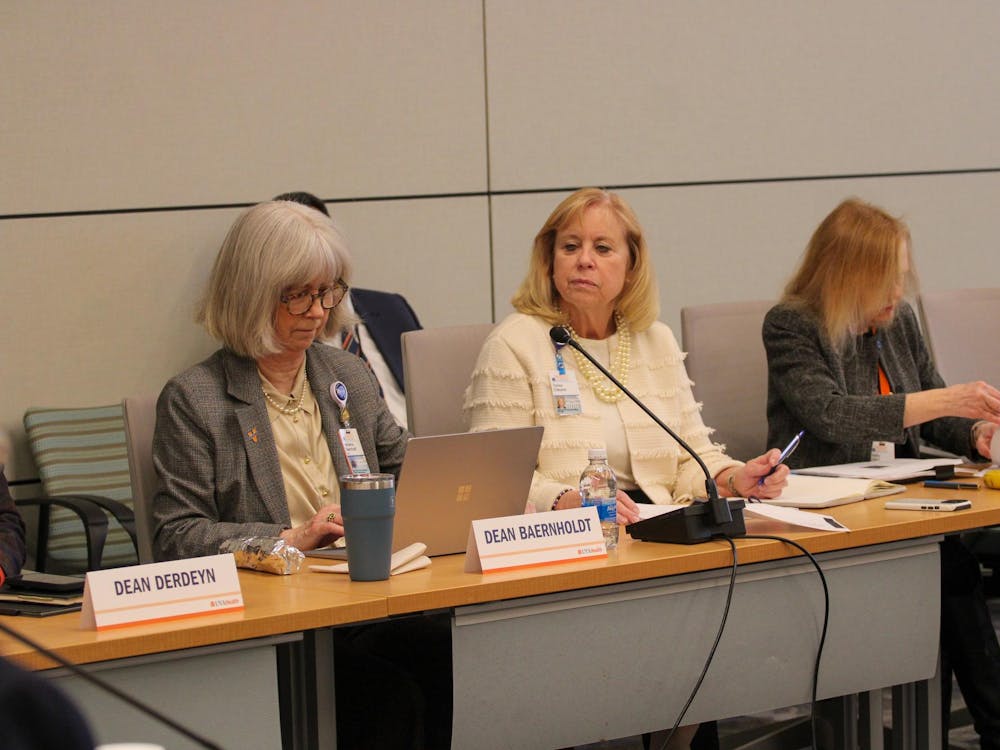Changes to federal student loan repayment plans could lead to an increase in student loan forgiveness, according to a study published Tuesday by the New America Foundation, a nonpartisan Washington think tank.
Under current rules borrowers must pay 15 percent of their discretionary income toward their loans, and the government forgives the remaining balance after 25 years of payments. The Obama administration approved changes in 2010 that would cap payments at 10 percent of discretionary income and forgive debts after 20 years of payments.
Jason Delisle and Alex Holt of the foundation initially intended to analyze how changes to the student loan program could hurt students. Their study focused on graduate and professional schools.
“Originally Jason and I were actually thinking that this new program would lead to amortization, because you’re not paying off the accrued interest each month,” Holt said. “So I built the calculator to try to prove that point.”
They ended up discovering something quite different: High-debt, high-income borrowers would benefit from the changes, since they could borrow sizeable amounts that would ultimately be forgiven.
“The point here is that if you’re paying out of pocket for grad school, this new plan might make more sense for you to borrow as much money as possible and then enroll in [the government’s repayment plan] because you’ll get a lot of it forgiven,” Holt said.
Susan Loduha, director of financial aid at the Darden School, does not believe the changes to the program will help recruitment at Darden. “The majority of students graduating from Darden will not qualify for this loan option due to their income,” she said in an email.
Another consequence of the program’s changes is that graduate schools will have little incentive to keep costs low, Holt said. “They’ll say ‘borrow the max and you’ll have to pay only a percent,’” he said. “This is not good for overall ecosystem, but as far as borrowers go, it doesn’t hurt anyone.”
Jennifer Hulvey, director of financial aid at the Law School, said the new policy change won’t affect the school’s financial aid process. “When we award a loan … it is based off of a federal formula from the Department of Education,” Hulvey said. “[The government’s repayment plan] does not impact the rewarding of the loans.”
But students may begin to pay for loans differently as a result of the changes, Hulvey said.
“What I see different is how we counsel students on how to repay loans after they leave school,” Hulvey said. “When this comes into effect, it will replace one of the repayment options.”
Though Holt explained the program is good for students who have just graduated and cannot find work, he warned the program might not benefit all borrowers. Government loan forgiveness is considered taxable income, so students might end up paying more in taxes if more debt is forgiven.
“The Obama administration says that after 20 years if you get $20,000 in loan forgiveness, that year your income will jump $20,000,” Holt said. “So if you’re making $80,000 then, you’re paying taxes on $100,000.”
The new terms of the government’s repayment plan, initially slated to take effect in 2014, may be available to borrowers by the end of this year, since the Obama administration is using its executive authority to hasten implementation of the changes. Holt is hoping the study’s results will lead lawmakers to think critically about student loan programs.
“I think we need to ask the question: Is it the best use of resources for the government to appropriate funds for loan interest for high-income learners?” Holt said.







